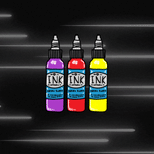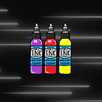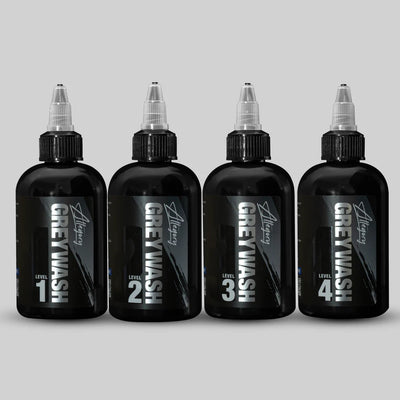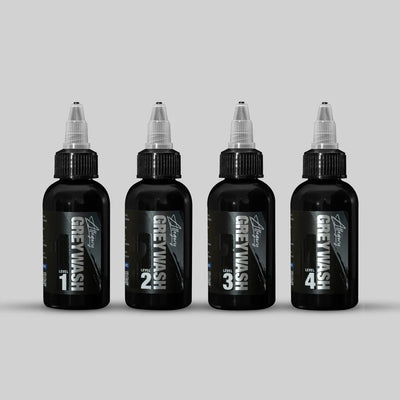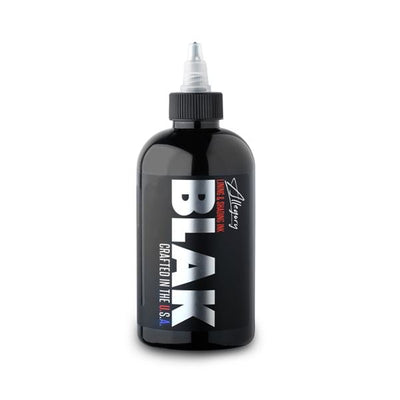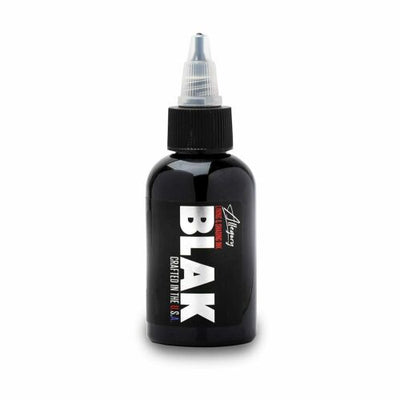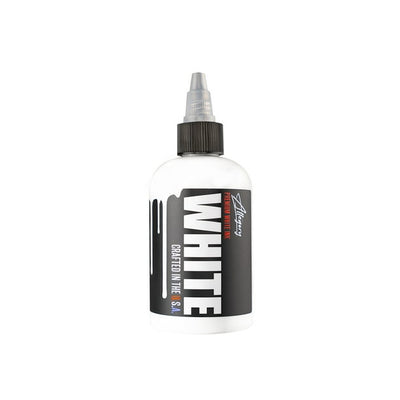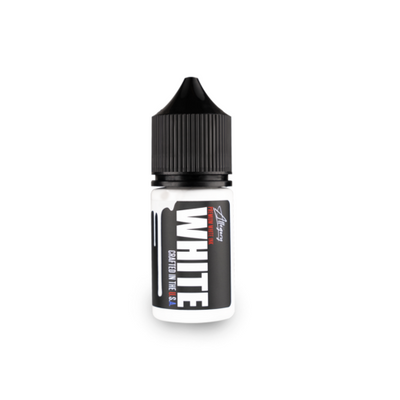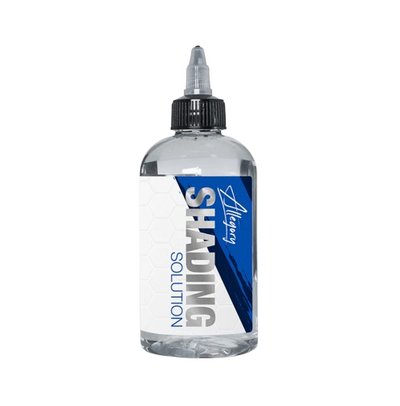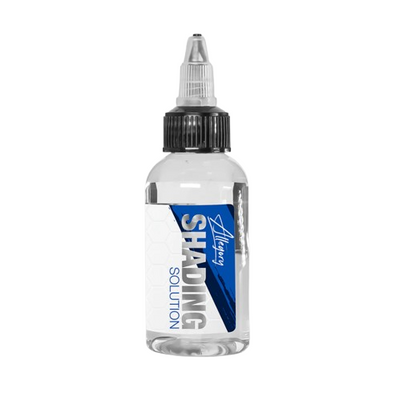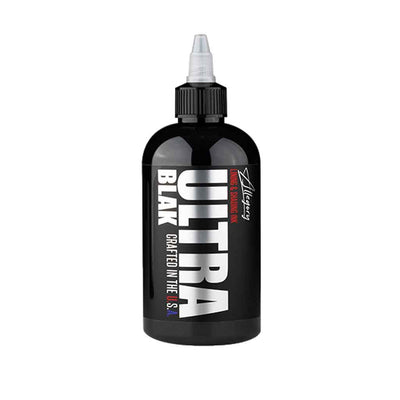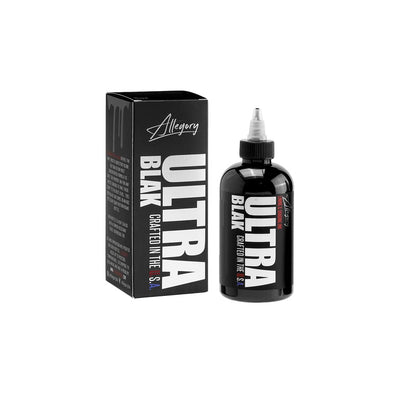A Guide to Tattoo Machines: Coil vs. Rotary
Understanding the differences between coil and rotary tattoo machines can help you select the right tool for your artistic needs.
Tattoo machines are one of the most important tools in a tattoo artist's arsenal. There are two main types of tattoo machines: coil and rotary. Understanding the differences between these two types can help you make an informed decision when selecting a machine for your work.
Coil Tattoo Machines
Coil tattoo machines are the most traditional type of tattoo machine. They use electromagnetic coils to move the needle up and down, delivering ink into the skin. These machines are often considered to be more versatile and are ideal for shading, coloring, and lining.
Advantages of Coil Machines:
- Versatility: Coil machines can be adjusted to deliver different needle depths and strokes, making them suitable for a wide range of tattooing techniques.
- Power: Coil machines have a strong electromagnetic current, which helps drive the needle deep into the skin, making them ideal for heavy-duty work.
- Consistency: Coil machines are known for their consistent and reliable performance, making them a favorite among many tattoo artists.
Disadvantages of Coil Machines:
- Weight: Coil machines can be heavier than rotary machines, which can make them more tiring to work with for long periods of time.
- Noise: Coil machines are typically louder than rotary machines, which can be a drawback for some artists.
Rotary Tattoo Machines
Rotary tattoo machines use a motor to drive the needle up and down, delivering ink into the skin. These machines are often considered to be more lightweight and are ideal for shading, coloring, and lining.
Advantages of Rotary Machines:
- Lightweight: Rotary machines are typically lighter than coil machines, which can make them more comfortable to work with for extended periods of time.
- Quiet: Rotary machines are typically quieter than coil machines, making them a good choice for artists who prefer a quieter work environment.
- Precision: Rotary machines are designed with a smooth, consistent motion, making them ideal for delicate line work and fine shading.
Disadvantages of Rotary Machines:
- Limited Adjustability: Rotary machines are often less adjustable than coil machines, which can make them less suitable for some tattooing techniques.
- Power: Rotary machines typically have less power than coil machines, which can make them less suitable for heavy-duty work.
Conclusion
Choosing the right tattoo machine is a personal decision that depends on your individual artistic style and needs. Both coil and rotary machines have their advantages and disadvantages, so it's important to consider your preferences and needs before making a decision. Whether you choose a coil machine for its versatility and power, or a rotary machine for its lightweight and quiet performance, you can be confident that you have the right tool for your work.

